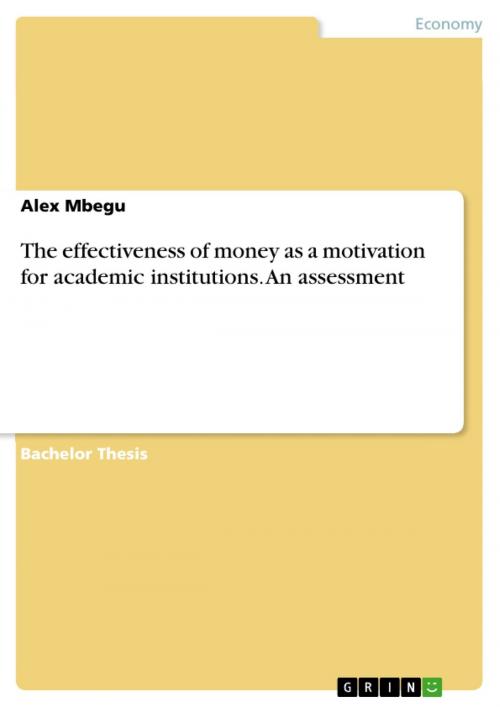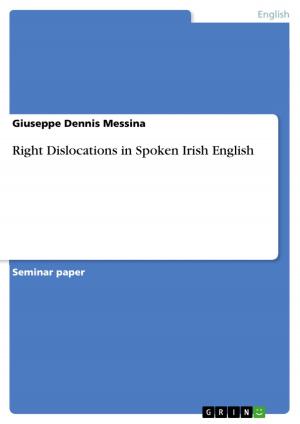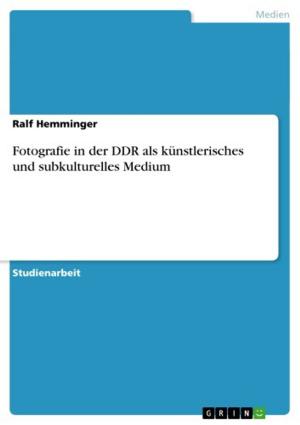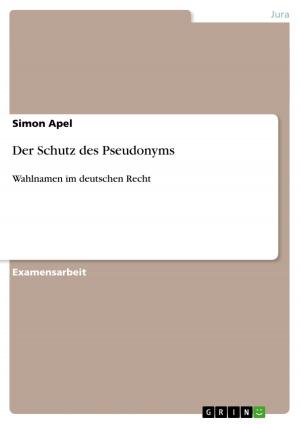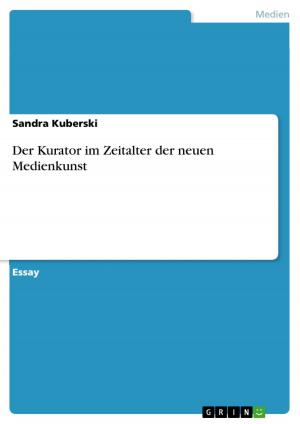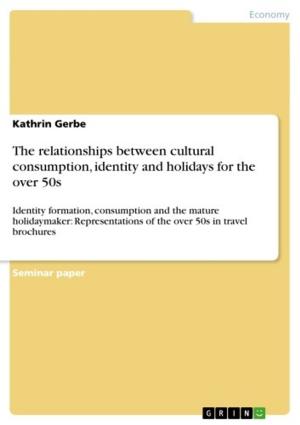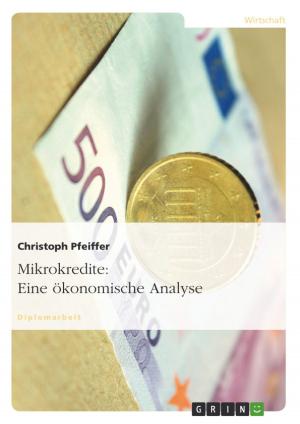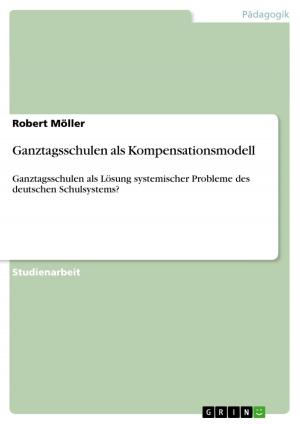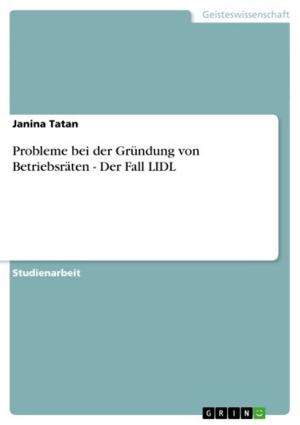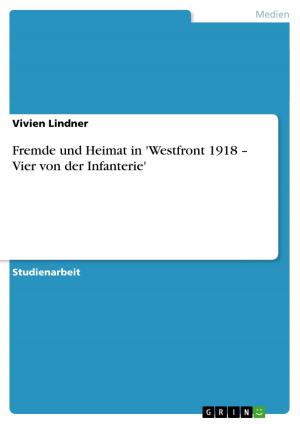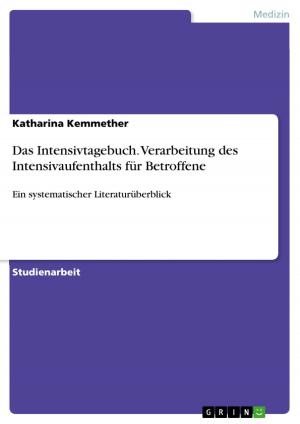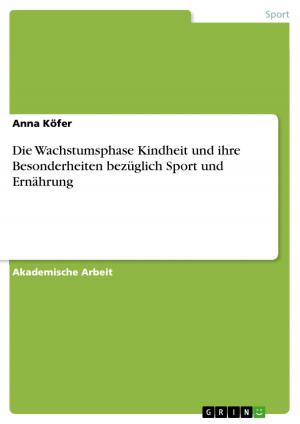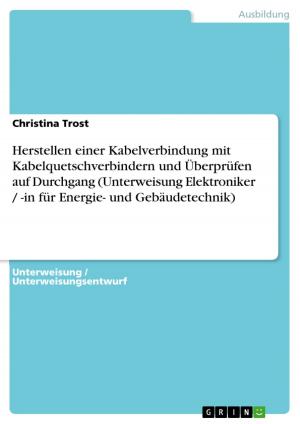The effectiveness of money as a motivation for academic institutions. An assessment
Business & Finance, Human Resources & Personnel Management| Author: | Alex Mbegu | ISBN: | 9783668339316 |
| Publisher: | GRIN Verlag | Publication: | November 14, 2016 |
| Imprint: | GRIN Verlag | Language: | English |
| Author: | Alex Mbegu |
| ISBN: | 9783668339316 |
| Publisher: | GRIN Verlag |
| Publication: | November 14, 2016 |
| Imprint: | GRIN Verlag |
| Language: | English |
Bachelor Thesis from the year 2016 in the subject Business economics - Personnel and Organisation, grade: 1.0, , course: Bachelor of Human Resource Management, language: English, abstract: Employee motivation was defined by Torrington (2008) as 'an effort or drive that an individual puts into an activity'. This research paper investigated the effectiveness of money as motivator for academic staff in higher learning institutions. The subjects of the study were 26 workers of Tumaini University Dar es Salaam College, the subjects were divided into two groups; senior management and academic staff. 25 questionnaires were issued to academic staff and an interview was conducted with the principal human resource officer. In spite of other relevant theories, the study was keenly guided by the Herzberg two-factor theory that argued 'trying to use money is an inferior way to motivate an employee'. Quantitative and qualitative techniques of data analysis were employed. The findings of the study revealed that the effectiveness of money as motivator for academic staff was limited or affected by some motivating factors and not affected or unlimited by others. In the concern of the implications, the limitations and suggestions for future research studies, they are discussed in the final chapter.
Bachelor Thesis from the year 2016 in the subject Business economics - Personnel and Organisation, grade: 1.0, , course: Bachelor of Human Resource Management, language: English, abstract: Employee motivation was defined by Torrington (2008) as 'an effort or drive that an individual puts into an activity'. This research paper investigated the effectiveness of money as motivator for academic staff in higher learning institutions. The subjects of the study were 26 workers of Tumaini University Dar es Salaam College, the subjects were divided into two groups; senior management and academic staff. 25 questionnaires were issued to academic staff and an interview was conducted with the principal human resource officer. In spite of other relevant theories, the study was keenly guided by the Herzberg two-factor theory that argued 'trying to use money is an inferior way to motivate an employee'. Quantitative and qualitative techniques of data analysis were employed. The findings of the study revealed that the effectiveness of money as motivator for academic staff was limited or affected by some motivating factors and not affected or unlimited by others. In the concern of the implications, the limitations and suggestions for future research studies, they are discussed in the final chapter.
